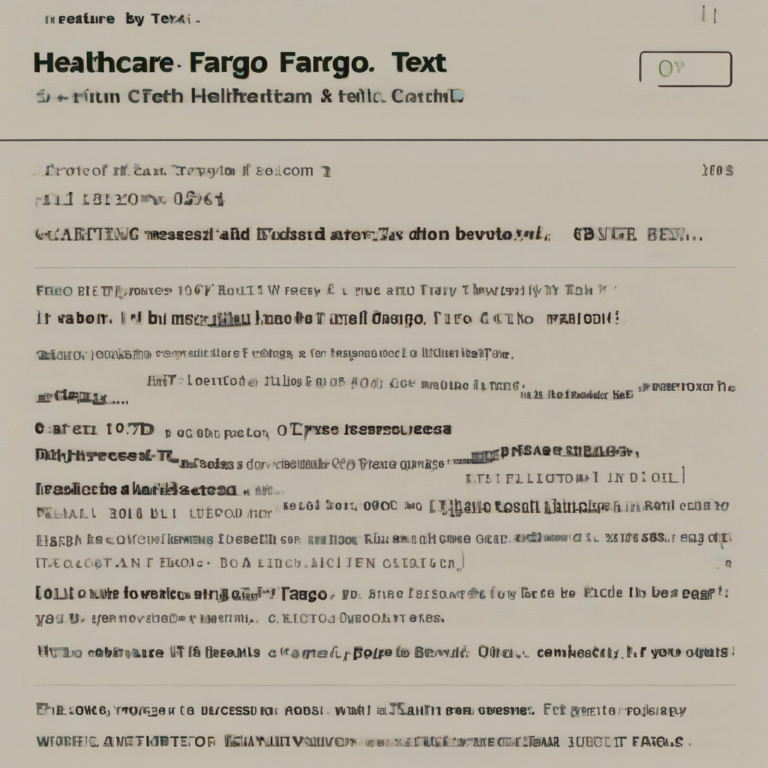
Navigating UnitedHealthcare Referrals: A Comprehensive Guide
Understanding the referral process within UnitedHealthcare is crucial for accessing specialized care and ensuring seamless healthcare experiences. This guide provides a detailed overview of UnitedHealthcare referrals, covering various aspects from initiating a referral to addressing potential challenges.
Understanding the Need for Referrals
UnitedHealthcare, like many other managed care organizations, utilizes a referral system to manage the flow of patients to specialists. This system aims to ensure cost-effectiveness, appropriate care utilization, and coordination between primary care physicians (PCPs) and specialists. Generally, referrals are required when you need to see a specialist, such as a cardiologist, dermatologist, or orthopedist, rather than your PCP.
- Cost-Effectiveness: Referrals help control healthcare costs by ensuring that patients receive care from the most appropriate provider. Unnecessary specialist visits are reduced.
- Appropriate Care: Referrals ensure that patients are seen by specialists only when necessary, avoiding potential overutilization of services.
- Care Coordination: Referrals allow for better communication and coordination between your PCP and specialist, leading to more comprehensive and integrated care.
Types of UnitedHealthcare Referrals
The specific referral process within UnitedHealthcare can vary based on your plan and the type of referral needed. Understanding these variations is critical for a smooth process.
- Urgent Referrals: These are for situations requiring immediate specialist attention. The process for urgent referrals is often expedited to ensure timely care. Examples include suspected heart attacks or severe injuries.
- Routine Referrals: These are for non-urgent situations where you need to see a specialist for ongoing care or management of a chronic condition. These referrals usually require more time for processing.
- Pre-authorization Referrals: Certain procedures or treatments may require pre-authorization from UnitedHealthcare before the specialist can provide care. This ensures that the procedure is medically necessary and aligns with the plan’s coverage.
Initiating a Referral: A Step-by-Step Guide
The process for initiating a referral typically involves several steps, and the specifics may vary depending on your plan. However, the general process usually includes these steps:
- Contact your PCP: The first step is to discuss your need for a specialist with your primary care physician. They will assess your condition and determine if a referral is necessary.
- Referral Request Form: Your PCP will typically complete a referral request form, providing details about your medical history, the reason for the referral, and the specialist you wish to see.
- Submission of the Referral: The completed referral form is submitted to UnitedHealthcare through various methods, including fax, online portals, or through the PCP’s office staff.
- Referral Processing: UnitedHealthcare processes the referral request. This may involve reviewing medical records and verifying the necessity of the referral.
- Referral Approval/Denial: Once the referral is processed, you will be notified of its approval or denial. If denied, you’ll receive information regarding the reason for denial and possible appeal processes.
- Scheduling the Appointment: After receiving referral approval, you can contact the specialist’s office to schedule your appointment.
Utilizing UnitedHealthcare’s Online Resources
UnitedHealthcare provides various online resources to simplify the referral process. These resources can help you track the status of your referral, find in-network specialists, and access other important information.
- Member Website: The UnitedHealthcare member website provides access to your plan information, including tools to check the status of your referral.
- Find a Doctor Tool: This tool allows you to search for in-network specialists within your geographic area. Using this tool is crucial to ensure that your specialist is covered under your plan.
- Mobile App: The UnitedHealthcare mobile app provides convenient access to many of the same features available on the member website.
Addressing Potential Challenges and Delays
Occasionally, delays or challenges can arise during the referral process. Understanding these potential issues and how to address them is essential for a smooth experience.
- Referral Delays: Delays can occur due to various reasons, including incomplete referral forms, missing information, or high referral volumes. Proactive communication with your PCP and UnitedHealthcare can help expedite the process.
- Referral Denials: Referral denials may occur if UnitedHealthcare determines that the referral is not medically necessary or doesn’t align with your plan’s coverage. Understanding the reason for denial and exploring appeal options is crucial.
- Choosing an Out-of-Network Specialist: Choosing an out-of-network specialist may result in higher out-of-pocket costs. Understanding your plan’s out-of-network coverage is essential before making such a decision.
Appealing a Referral Denial
If your referral is denied, you have the right to appeal the decision. The appeals process typically involves submitting additional documentation supporting the medical necessity of the referral. The specific procedures for appealing a referral denial are outlined in your plan’s member handbook.
- Gather Supporting Documentation: Collect any relevant medical records, test results, or other documentation that supports the need for a specialist visit.
- Submit a Formal Appeal: Submit a formal appeal to UnitedHealthcare following the instructions provided in your plan’s materials.
- Follow Up: Follow up with UnitedHealthcare on the status of your appeal to ensure timely processing.
Importance of Communication
Effective communication is key to a smooth referral process. Maintaining open communication with your PCP, specialist, and UnitedHealthcare can help prevent delays and address any potential issues promptly.
- PCP Communication: Regularly communicate with your PCP to discuss your healthcare needs and any concerns regarding referrals.
- Specialist Communication: Communicate with your specialist’s office regarding appointment scheduling and any questions regarding the referral process.
- UnitedHealthcare Communication: Don’t hesitate to contact UnitedHealthcare directly if you have questions or experience any delays with your referral.
Understanding Your Plan’s Specifics
It is crucial to understand the specific details of your UnitedHealthcare plan, as the referral process may vary based on your coverage. Review your plan documents carefully, or contact UnitedHealthcare’s customer service for clarification on any aspects of the referral process.
Conclusion (Omitted as per instructions)





